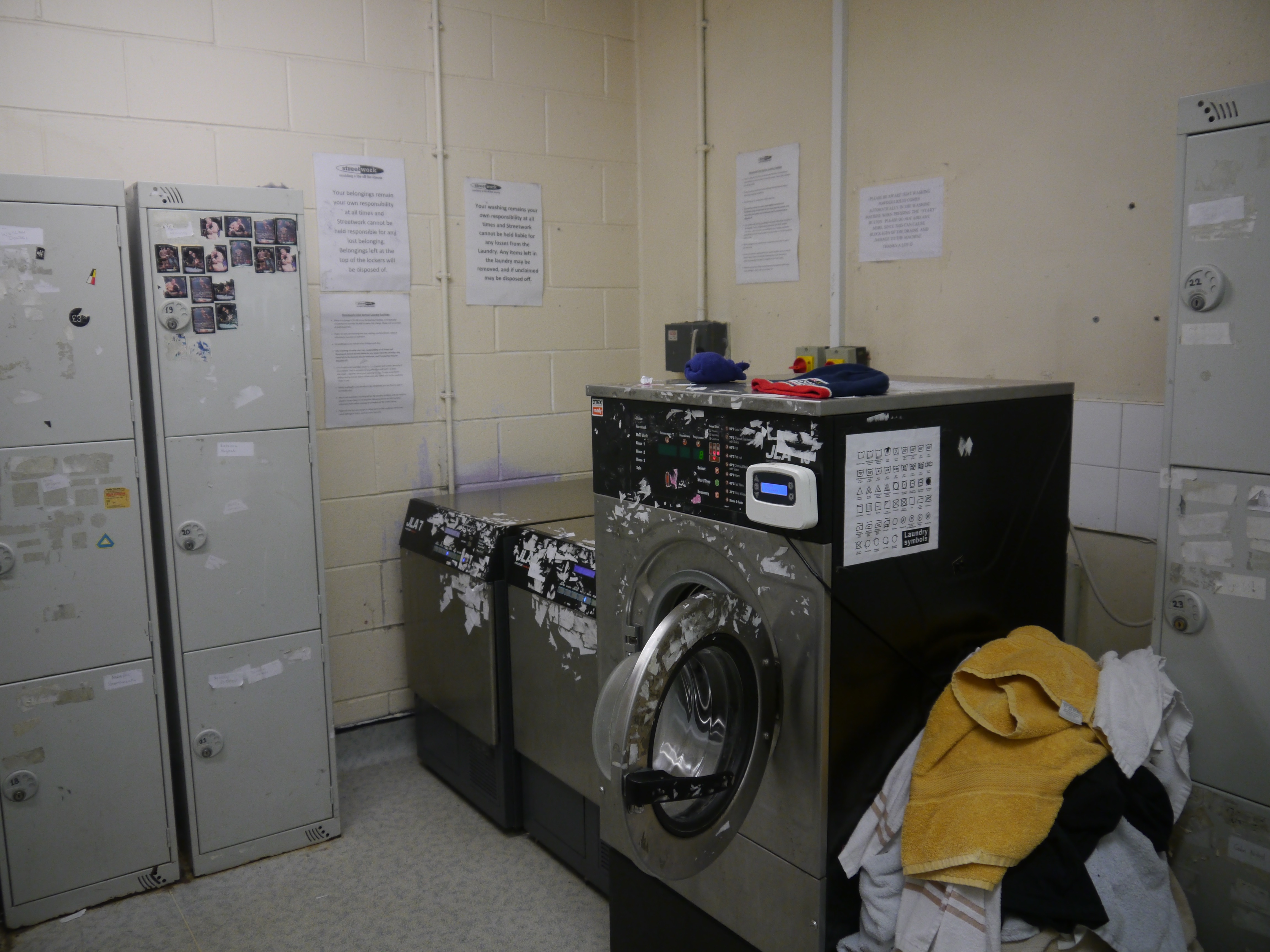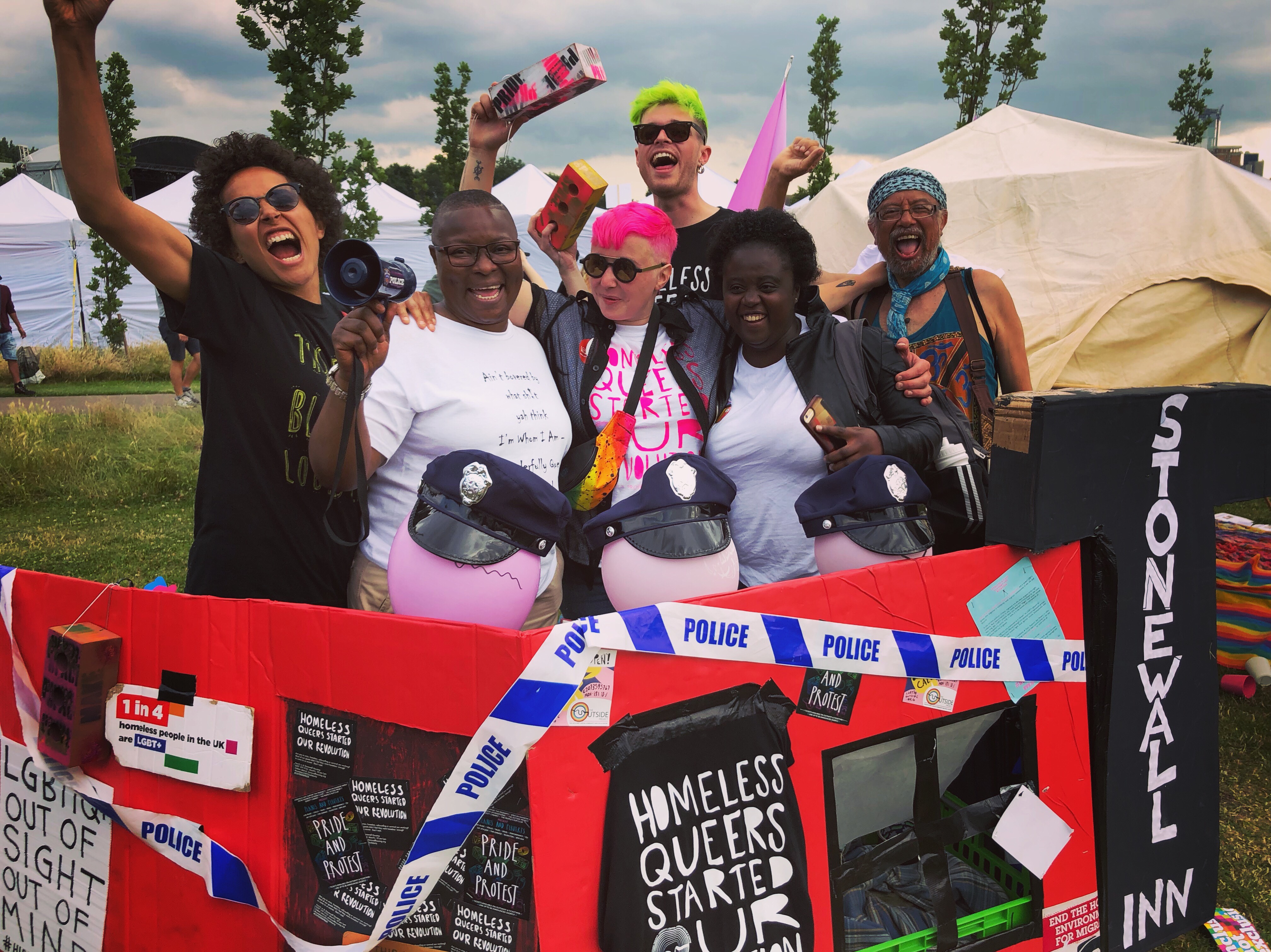
Homelessness in the UK isn’t going away, despite the budget changes
Charlie Brinkhurst Cuff
27 Mar 2016
After the fanfare of the Budget 2016 was over and the media started to concentrate more on the implications of cuts to disability allowances and less on the amount of sugar that can be found in carbonated beverages, the Conservative party quickly realised they might be in a little bit of trouble. Ian Duncan Smith, former leader of the party, resigned from his role as secretary for work and pensions, Jeremy Corbyn said that Chancellor George Osborne should resign, and the papers declared that the party was in the midst of “civil war”.
One of the many stories that seems to have been quickly forgotten under the veil of sugar-soaked ableism, relates to the chancellor’s announcements on homelessness. In the budget, Osborne revealed that more than £100 million will be set aside to tackle the county’s growing number of homeless people.
He said: “Homelessness is simply unacceptable in our day and age. I am absolutely committed to helping homeless people get back on their feet, into safe accommodation and obtain the skills they need to get on in life.
“I won’t stand by and see things going in the wrong direction – and we have a particular problem with rough sleepers in London. That’s why I am announcing a major new package of measures to help get a grip on this problem.”
Homelessness in the UK is at a critical point. The amount of rough sleepers has more than doubled since 2010, from around 1750 to over 3,500. As Osborne says, the picture is particularly bleak in London, where on one winter’s day last year over 900 people were found to be sleeping rough. But the situation doesn’t stop at rough sleepers – if anything they are just the tip of the iceberg; albeit a particularly visible one. Last year over 270,000 people needed help to address some aspect of housing insecurity.
Even David Cameron was forced to address the situation a few weeks ago at Prime Minister’s Questions, saying the government needed to “work” on homelessness and rough sleeping, as both were areas where there were “particular challenges at the moment.”
Having recently spent a night on the streets reporting on the situation, I have seen first hand that the situation for homeless people is only getting worse.
Morag, a 17-year-old, and the youngest person I spoke to that night, explained how she had been living in temporary accommodation in East Lothian, but for one night, after being chucked out of another hostel (which she described as “worse than jail”), she was forced to sleep rough in a Tesco car park. She was only given two hours to leave, and shortly afterwards found herself living in an all-male B&B.
“It’s just a bit horrible being homeless. I want my own house where I can do my own thing and handle my own washing,” she told me, “I was scared when I found out I was living with all men. One of them is a convicted murderer.”
That she has found herself in this situation at all, as a young adult whom her local government authority are aware is vulnerable, seems shocking, and it is statements like hers that make it clear why homelessness charities such as Shelter are calling the budget move “overdue”.
“To eradicate homelessness, the chancellor can’t simply deal with the symptoms and ignore the root causes,” says Campbell Robb, chief executive of Shelter. “Every day at Shelter we see that homelessness – of any kind- is principally caused by decades of failure to build genuinely affordable homes and short-sighted welfare cuts. So, if he is really serious about fixing things, he needs to take major action on building homes that ordinary people can actually afford to rent or buy.”
It’s true that the cash is set to provide 2,000 accommodation places for rough sleepers who are ready to move on from crisis hostels, with just £10 million to be spent on homelessness prevention projects. As Shelter points out, to many it seems clear that more homes need to be built, and, with the details of a housing bill soon be hashed out in the House of Lords, you might be forgiven for thinking the government was making strides in the right direction.
However, the housing bill, which passed through the House of Commons earlier this year, has been widely criticised. Rather than helping to increase housing stock and preventing homelessness, almost 90 per cent of local authorities who responded to a Local Government Association survey in January said that authority housing in their area would be oversubscribed, ultimately leading to more people facing homelessness.
The report reads: “We are concerned that elements of the Bill will not help the Government to achieve its ambitions. It will have the unintended consequence of reducing the availability of much-needed council housing, and could hamper the ability of local authorities to invest in new affordable council housing and to create the right mix of housing that local residents can afford.
“This could lead to an increase in the housing benefit bill as more people are forced to move into the more expensive private-rented sector, and would do little to help councils reduce homelessness and reduce spending on temporary accommodation.”
However, James Cartlidge MP, chair of a new All-Party Parliamentary Group (APPG) for Housing and Planning, seems quite unaware of this criticism when I speak to him on the phone the day following the group’s launch. He responds quizzically when I tell him about the potential impact on homelessness the bill may have.
“I think it’s quite a big leap to make. What specific provisions would lead to homelessness? Is anyone actually saying that? I’m not aware,” he says, “I don’t agree with that. I can’t see any particular reason why that would happen. If someone has a comprehensive explanation for that I’d be happy to listen and look at it, but the biggest measures in the bill are in relation to starter homes, along with lots of technical changes. It would be very hard to see how it would impact on homelessness.”
Cartlidge’s new group has been established in part to tackle the ongoing housing crisis that some parts of the country are seeing. He says housing is “becoming almost the biggest issue in politics”, adding that we are seeing “the first generation for decades for whom home ownership really is not something they would expect to enjoy”.
“That’s a major, major issue for the whole of the country to confront. In terms of homelessness, I was really pleased that the government announced the measures in the budget. I don’t think there will ever be a situation where there will never been any homeless people. It will always be there. You just have to work with people in the sector and come up with practical, viable solutions, which is what we aim to do as part of this APPG.”
Nevertheless, despite Cartlidge’s apparent ignorance of some of the criticisms that the housing bill is facing, as the thousands of people who marched toward parliament, protesting against the housing bill made clear two weeks ago, this fight will go on.

Britain’s policing was built on racism. Abolition is unavoidable

Against the binary: imagining a future of holding my chest high

How Pakistan’s Khwaja Sira and transgender communities are fearing and fighting for their futures







